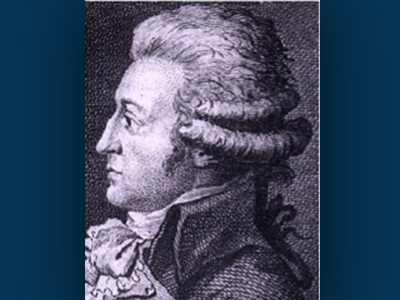December 23, 1789
After the French Revolution and the August 26th Declaration of the Rights of Man, the issue of Jewish rights is debated in the French National Assembly for three days with no conclusion reached. During the debate, Count Stanislas de Claremont-Tonnerre issues his infamous statement, “The Jews should be denied everything as a nation but granted everything as individuals.” The statement asserts that in order for Jews to be incorporated as citizens into the new French Republic, they needed to renounce those aspects of national separateness such as maintaining their own religious courts.
The approximately 40,000 French Jews live in two separate communities. Ashkenazim from German lands are concentrated in Alsace-Lorraine and Paris, while Sephardim, deriving from Spain, Portugal or Avignon, are concentrated in the south.
The debate includes from the view that the Jews are and always will be a separate and distinct nation. This view is articulated by Abbe Jean Siffrein Maury, who declares before the French National Assembly on December 23, 1789, “I observe first of all that the word Jew is not the name of a sect, but of a nation that has laws which it has always followed and still wishes to follow. Calling Jews citizens would be like saying that without letters of naturalization and without ceasing to be English and Danish, the English and Danish could become French.”
On the other hand, the radical Robespierre argues, “The evil qualities of the Jews emanate from the degree of humiliation to which you have subjected them. … Any citizen who fulfills the conditions you have laid down has the right to public office.”
The Sephardim are granted emancipation in January 1790, and the Ashkenazim gain citizenship in September 1791.










